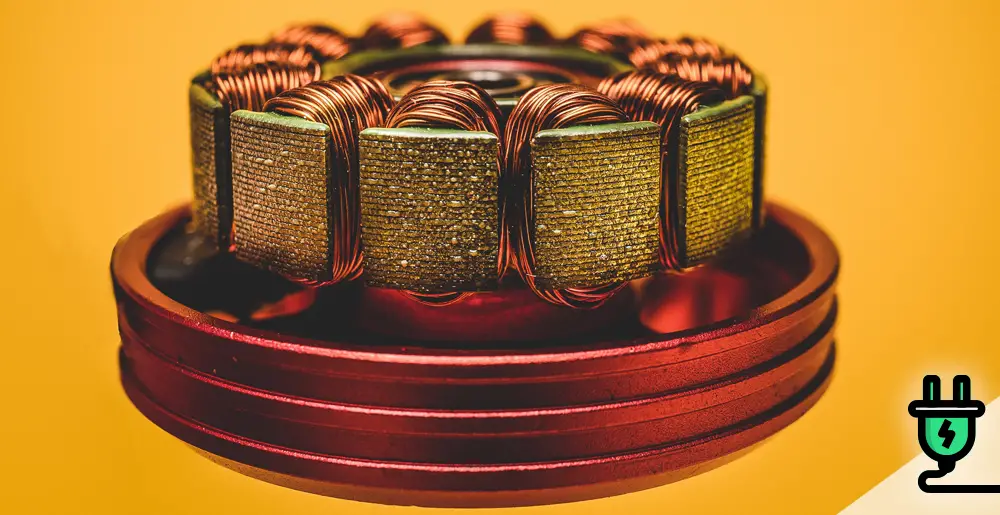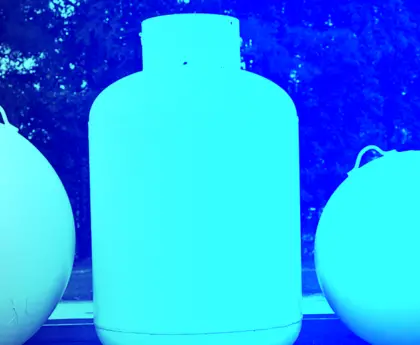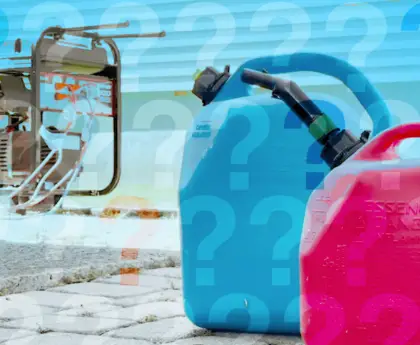Investing in a generator is never a small decision.
For one thing, you’re investing in something that’s designed to give you power – reliable, on-demand power – in the middle of an emergency situation.
Secondly, though, the best generators on the market today aren’t going to set you back only a few bucks.
You’re going to have to spend a decent amount of money to get a quality generator you know you can trust, and it’s important to find a generator that you can rely on for years to come.
But just how long do generators last, anyway?
Well, there are a couple of things that have a huge impact on how long your generator is likely going to run for that we highlight below.
Read this detailed guide to learn how long generators last (on average) and what you can do to extend the life of the hardware you spend your hard-earned money on!
How Long Do Generators Last, Usually?
Generator technology is better today than ever before, and units of all shapes, sizes, and capacities are running for much longer than they ever did in the past, too.
At the end of the day, though, standby generators generally have much longer lifespans than portable generators. These solutions are bigger, more robust, and often made with higher quality (and heavier) construction materials. Not to mention the fact that they are designed to last and last (and last)!
Let’s break down the average lifespan of the two major types of generators right now, standby units and portable options.
Standby Unit Lifespans
As a rule of thumb, you can expect to get anywhere between 1500 and 3000 hours of “life” out of your generator if it is a standby style unit.
If you’re running your generator for 30 minutes a week to “exercise” the mechanism, that means you’re knocking off about 26 hours per week year after year – even if you’re not using it in an emergency.
Most manufacturers advertise their generators (of the standby variety) running for anywhere between 20 years and 40 years reliably. You might need to do a little bit of regular maintenance and potential upgrades over that lifespan, but this is pretty close to a “buy at once for life” kind of investment.
Portable Unit Lifespans
Portable generators, on the other hand, are much smaller, much lighter weight, and (generally) are going to have a much shorter lifespan.
You’re looking at a lifespan of between 150 hours and 200 hours or so. You don’t have to exercise these generators the same way you do a standby unit, though, so you don’t have to worry about burning out these machines before actually getting to use them in an emergency.
Expect to replace these generators every five years or so, especially if you’ve had to use them in an emergency for any extended amount of time.
How Often Should Generators Be Serviced?
Those serious about extending the life of their generators are going to want to be sure that these machines are serviced on a routine basis.
Manufacturers usually recommend a routine servicing based on running hours or every six months or so, regardless of whether or not the generator has been used. You can probably stretch that by two or three months if you want to, and some people get by with generators that are serviced every season.
Here’s what a common portable generator maintenance schedule looks like:
| Every 8 hours or daily |
| Check oil level |
| Clean around the air intake and muffler |
| Check hoses for leaks |
| First 5 hours |
| Change oil |
| Every 50 hours or every season |
| Clean air filter |
| Change oil if operating under heavy load or in hot environments |
| Every 100 hours or every season |
| Change oil |
| Clean/adjust spark plug |
| Check/adjust valve clearance |
| Clean spark arrester |
| Clean fuel tank and filter |
| Every 250 hours |
| Clean combustion chamber |
| Every 3 years |
| Replace fuel line and LPG hose(Propane hose) |
As long as you are keeping a close eye on things, and making sure that everything is running smoothly throughout the year, you probably shouldn’t have to maintain your generator any more often than every six months to every year.
You’ll want to check all mounting surfaces to make sure everything is free and clear of dirt, debris, rust, and corrosion.
You’ll also want to inspect both the intake and the exhaust louvers, guaranteeing that they are free and clear of any kind of obstruction. You don’t need anything bottling up your intake or exhaust.
Make sure that the fluids are clear and even consider flushing your fluids (including your fuel source) every six months or so. You’ll want to protect the control panel and then give the battery a close inspection, too.
Any rust or corrosion on the control panel or the generator terminals needs to be removed ASAP!
How Do I Know My Generator Needs to Be Replaced?
You’ll know that your generator needs to be replaced if it starts to “misbehave”, if the power that it produces is inconsistent or unreliable, or if the generator itself simply refuses to power on or generate any electricity at all.
These are the kinds of symptoms you’re most likely to see towards the end of the life of a generator.
If you’re starting to notice these kinds of things when your generator is relatively new (or brand-new, even) you need to get a hold of the manufacturer ASAP.
At the same time, if you are using your generator on a regular basis (every couple of months or even every year) it’s not a bad idea to consider upgrading and replacing your unit every five years or so.
That kind of approach guarantees that you get a generator that is leveraging the latest and greatest technology, is in fine working order, and isn’t going to break your bank account.
How to Buy Generators That Will Last
There are a couple of different things you can do to make sure that you are investing only in generators that are designed to last.
The first thing is to figure out how much power will be needed. We have a post to help you figure out what size emergency generator you will need.
Steer clear of fly-by-night operations, brands with bad reputations, or new companies that do not have a track record of producing quality equipment yet. Purchase generators from reliable and reputable manufacturers.
Secondly, always make sure that you read detailed reviews and breakdowns of the specific generator model you are looking at.
These reviews will let you know if your generator is something that you can depend on for the long haul or something that you’re going to be unhappy with sooner rather than later.
Finally, you need to make sure that you’re serious about regular maintenance and upkeep.
Keep on top of this kind of stuff and you’ll be able to rely on your generator for years and years to come.
Don’t be surprised if people start asking you “how long do generators last” when they find out just how old your well-kept, carefully maintained generator is decades in the future!




